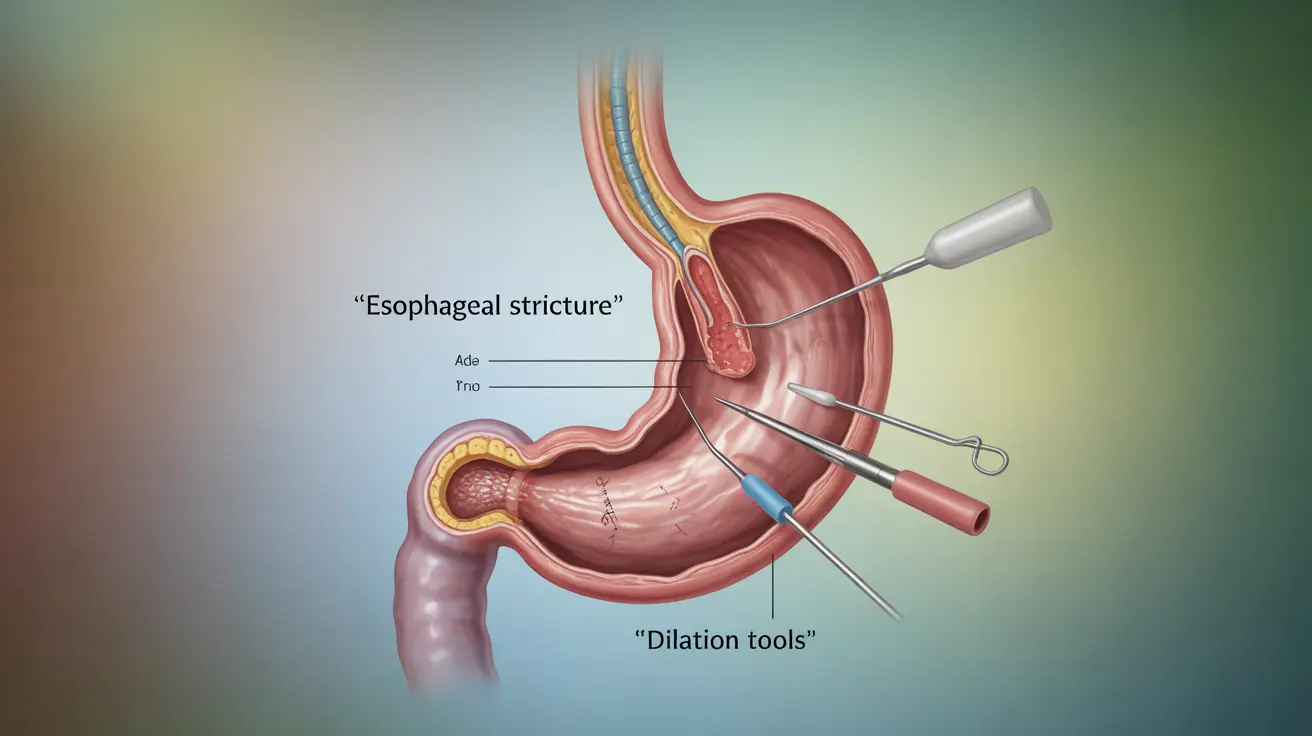Irritable Bowel Syndrome (IBS) is a common gastrointestinal disorder that affects millions of people worldwide. While IBS itself isn't typically life-threatening, understanding its potential risks and complications is crucial for proper management and maintaining quality of life.
If you're wondering "is IBS dangerous," it's important to recognize that while the condition isn't usually dangerous in the traditional sense, untreated IBS can lead to significant health challenges and impact your daily activities. Let's explore the risks, treatment options, and management strategies for IBS, with a particular focus on IBS with constipation (IBS-C).
Understanding the Risks of Untreated IBS
While IBS isn't directly dangerous to your life, leaving it untreated can lead to several complications:
- Chronic pain and discomfort
- Nutritional deficiencies
- Depression and anxiety
- Sleep disturbances
- Reduced work productivity
- Social isolation
In cases of IBS-C specifically, chronic constipation can lead to additional complications such as hemorrhoids, anal fissures, and potential bowel obstruction if left unmanaged.
Impact on Quality of Life
The chronic nature of IBS can significantly affect your daily activities and overall well-being. Many people experience:
- Difficulty maintaining regular work schedules
- Challenges with social activities
- Increased stress levels
- Relationship difficulties
- Limited dietary choices
Effective Management Strategies
Medical Treatments
Several treatment options are available to manage IBS symptoms effectively:
- Prescription medications for specific symptoms
- Over-the-counter laxatives for IBS-C
- Antispasmodics for pain management
- Antidepressants for mood-related symptoms
Dietary Modifications
Making appropriate dietary changes can significantly improve IBS symptoms:
- Following a low-FODMAP diet
- Increasing fiber intake gradually
- Staying well-hydrated
- Identifying and avoiding trigger foods
- Eating regular, balanced meals
Lifestyle Changes
Implementing lifestyle modifications can help manage IBS symptoms:
- Regular exercise
- Stress management techniques
- Adequate sleep
- Mindfulness and relaxation practices
- Maintaining a consistent daily routine
Natural Remedies and Prevention
Several natural approaches can help manage IBS symptoms:
- Peppermint oil supplements
- Probiotics
- Fiber supplements
- Herbal teas
- Regular physical activity
- Stress reduction techniques
Frequently Asked Questions
Is IBS a dangerous condition, and what are the potential long-term risks if left untreated?
While IBS isn't typically dangerous, untreated IBS can lead to complications including chronic pain, nutritional deficiencies, mental health issues, and reduced quality of life. In IBS-C, prolonged constipation may cause hemorrhoids and anal fissures.
What are the most effective treatments for IBS-C, and how can symptoms be managed?
Effective treatments for IBS-C include prescription medications, fiber supplements, dietary modifications, and lifestyle changes. A combination of medical treatment and self-management strategies often provides the best results.
How does chronic constipation in IBS-C affect overall health and quality of life?
Chronic constipation can lead to physical discomfort, bloating, and potential complications like hemorrhoids. It can also affect mental health, sleep quality, and social activities, significantly impacting overall quality of life.
What dietary changes can help alleviate symptoms of IBS-C, and are there specific foods to avoid?
Beneficial dietary changes include increasing fiber intake gradually, staying hydrated, and following a low-FODMAP diet. Foods to avoid may include processed foods, dairy products (if lactose intolerant), and known trigger foods specific to the individual.
Are there any natural remedies that can help prevent or reduce the risk of developing complications from IBS-C?
Natural remedies that may help include peppermint oil, probiotics, fiber supplements, and herbal teas. Regular exercise, stress management techniques, and maintaining a consistent daily routine can also help prevent complications.
While IBS isn't typically dangerous, it's important to work with healthcare providers to develop an effective management plan. With proper treatment and lifestyle modifications, most people with IBS can lead full, active lives while minimizing their symptoms and preventing potential complications.




